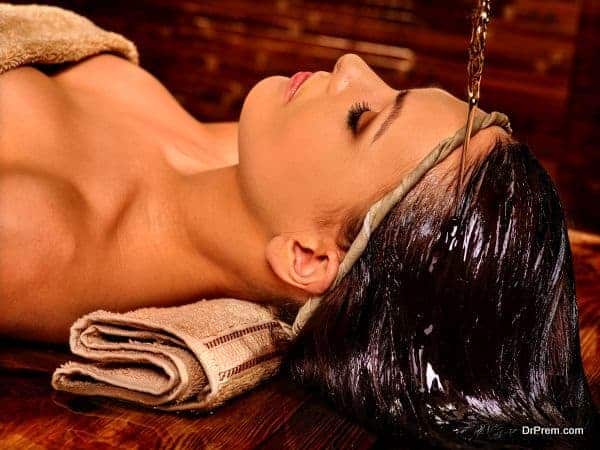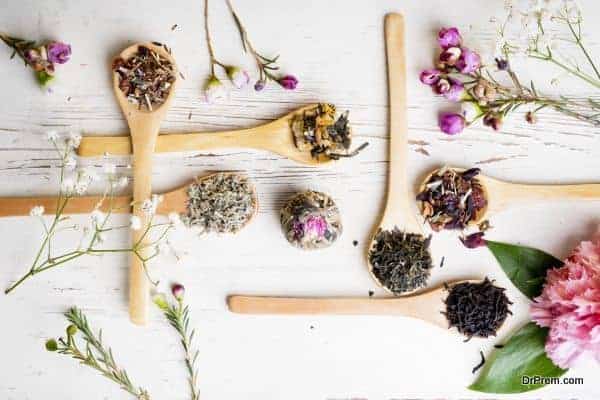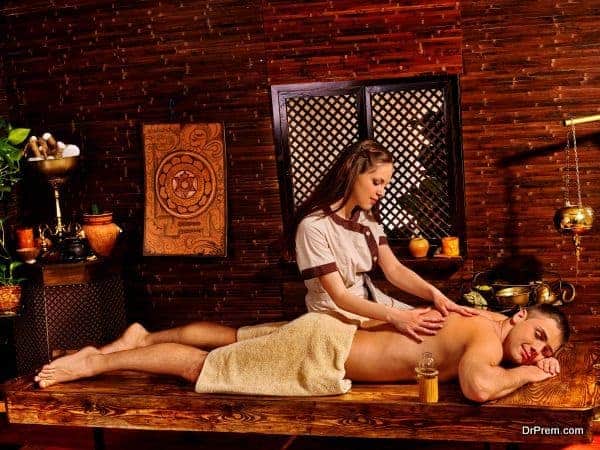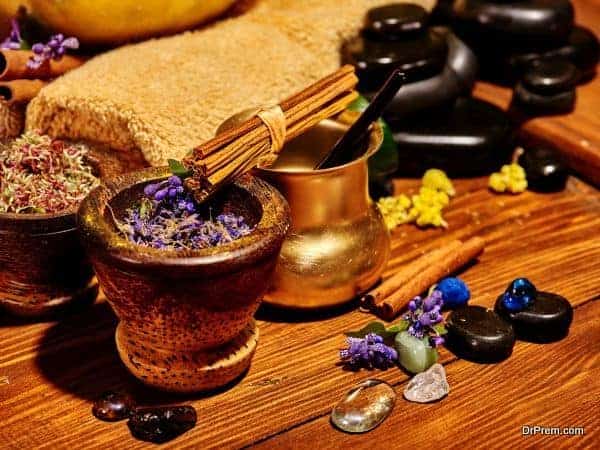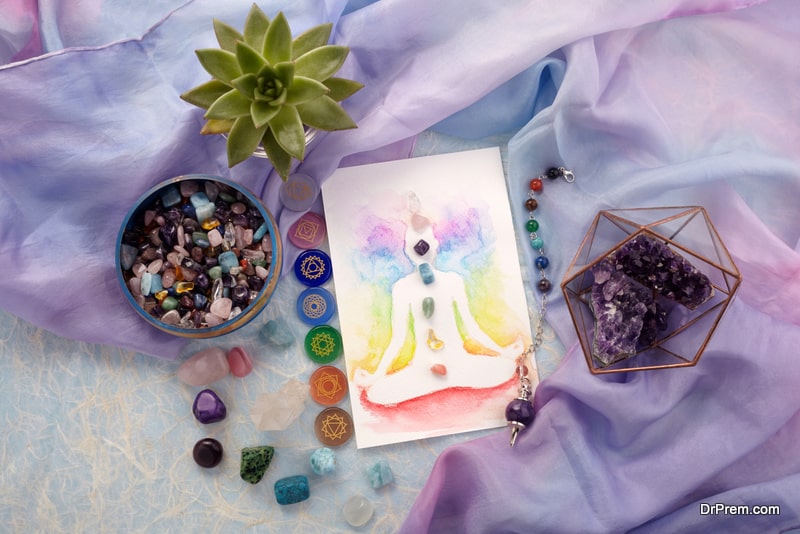Aromatherapy, a popular approach towards holistic healing is being widely practiced along with other modes of natural healing. Essential oils from different parts of a plant like the leaves, flowers, roots, barks and stems are used which not only provide a “smell good” factor but also affect the physical, psychological and spiritual wellbeing of a person to a great extent. Proper massaging with essential oils is the main application of aromatherapy. Therefore, it is mandatory to follow certain guidelines to draw the maximum benefits of this therapy.
If you are keen to go for aromatherapy, the following dos and don’ts would help you a lot in availing the best results.
Dos:
- The first step is to educate yourself properly about aromatherapy. Every treatment has its own share of pros and cons, and these should be considered thoroughly before the treatment, especially the safety aspect. It is very important to know about the probable side effects of the oils that you would be using. This is applicable both for the practitioner and the healthcare seeker.
- Know the botanical name of the plant from which the oil has been extracted. This will help to distinguish between the oils even if the source plant bears the same generic name. For example, lavender comes in different varieties. Therefore, the essential oils from lavender also vary a lot in their properties.
- Check the credentials of the massage therapist in case you prefer professional consultation. Get yourself convinced before taking the treatment from him.
- The purity of the essential oils matters most in aromatherapy. Therefore, whenever you are buying plant extracts make sure to buy it from a reliable supplier who will deliver you authentic products. Consult a specialist supplier who has an in-depth knowledge about essential oils.
- Check the label on the bottle. The label should guarantee the purity of the oil. It should clearly state whether it is the undiluted essential oil or mixed with other carrier oil or alcohol. If the label suggests that you can apply the oil directly to your skin, it is probably the diluted variety. Check the composition of the oil along with the manufacturing date. In case the oil is undiluted, the label should also bear the clear guidance about the mode of dilution.
- While buying an essential oil, check the country of its origin. Certain oils are available in particular countries. If the label of the bottle mentions the country of origin, you can assess the purity and quality of the oil to a great extent.
- Inform your health history in details to the aroma therapist especially if you are having any chronic ailments. Certain oils may not be suitable for you depending on your health conditions.
- Go for an allergy test. The test may come in different forms. One is its reaction to skin. Some people have negative skin sensitivity to essential oils. Put a drop of oil on the skin and see if a patch is formed. If your skin shows an adverse reaction to the oil, you should not proceed with it.
- Test the aroma. Some people have aversion to specific smell. So ensure that you like the aroma of the oil else it will build up a negative emotional reaction reducing its therapeutic value. It will do more harm than good.
- You should go for using a mix of more than one kind of essential oils. When used in combination, the oils deliver better results. The aroma therapist will prescribe you the total number of drops to be used which may be from specific oil or a multiple selection of oils.
- Always store essential oils in dark bottles preferably in Amber bottles. The storage environment should be dark and cool. Make sure that the lid is tight. High-quality essential oils will not turn stale but exposure to heat, light and air will break down its properties reducing its therapeutic potential.
Don’ts:
- Never mix up perfume oils with essential oils even if they give the same aroma.
- Essential oils are not available in abundance. They are used in drops. Therefore, never settle for products that come at cheap price.
- Do not buy essential oil bottles with rubber caps or sealants. The rubber reacts with the oil and will gradually render it unsuitable for use.
- Never apply pure and undiluted essential oils on the skin except in special cases that need immediate attention like insect bites and bee stings.Diluted essential oils can be applied for massaging but pure and undiluted ones are only meant for special treatments.
- Never use essential oils for oral use unless suggested and supplied by a trained aroma therapist. Of course, in that case, you will need a direct supervision by the person.
- Certain essential oils should never be applied on pregnant women. They will deliver negative effects. Especially one should never apply almond, basil, cinnamon and cedar wood extracts during pregnancy.


